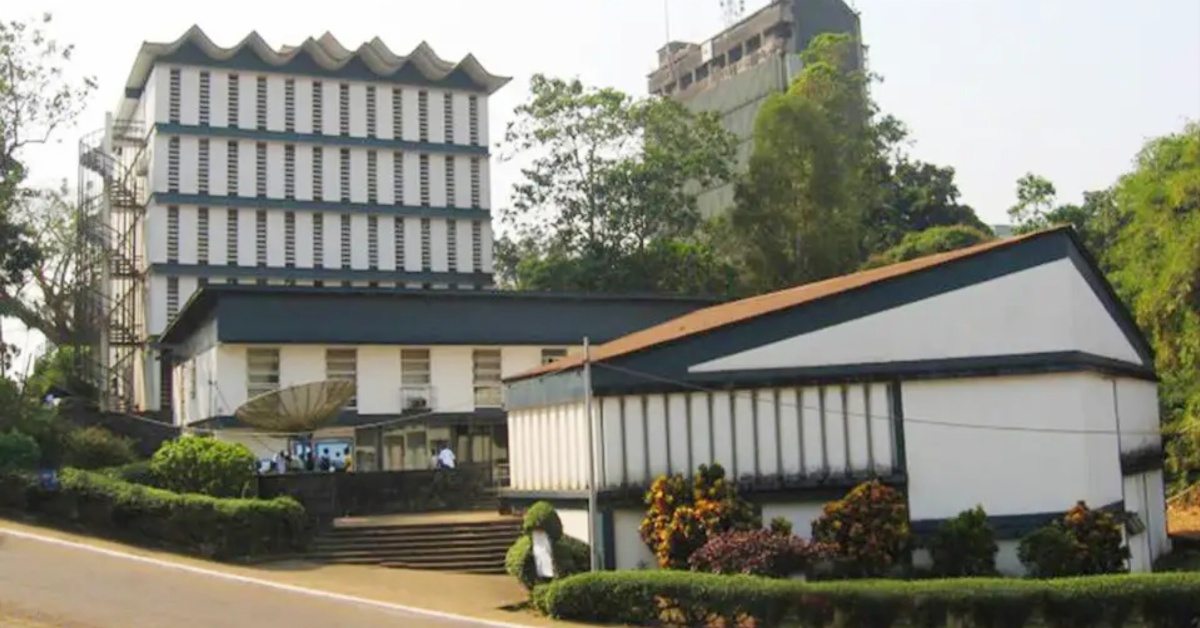On November 18th, 2023, representatives from various public universities in Sierra Leone gathered at the Eastern Technical University in Kenema to address critical concerns affecting their welfare.
A joint resolution was reached, issuing a stern 21-day ultimatum, effective from November 20th, urging the government to promptly address their demands.
Dr. Tonyia Musa, the Public Relations Officer of the Academic Staff Association, emphasized that their grievances revolved around fundamental issues, prominently including the pressing need for salary adjustments in alignment with crucial allowances, such as medical and housing. The lecturers are demanding a substantial 58% increase in their take-home pay, citing the current economic challenges that render their salaries insufficient for sustenance.
A key concern highlighted by Dr. Musa is the overdue salary upgrade for lecturers in formerly designated polytechnic institutions that have transitioned into universities. These educators are yet to receive new appointment letters acknowledging their transformed status as university lecturers, causing disquiet among the academic community.
Moreover, the Ministry of Technical and Higher Education’s revised criteria for promotions were criticized by the lecturers, labeling them as rigid and burdensome. They are urging the government to retain the previous criteria until conducive conditions are provided for their growth within the academic sphere.
This ultimatum follows a peaceful protest by lecturers from Eastern Technical University, formerly known as Eastern Polytechnic, specifically addressing the disparity between their current salary conditions and the expected standards for university educators. President Joe Diawo of the Senior Staff Association of Eastern Technical University emphasized that this decision to issue the ultimatum was jointly taken by lecturers from several government universities, including Njala University, University of Sierra Leone, Ernest Bai Koroma University, and ETU Milton Margai Technical University.
The academic community remains hopeful that the government will respond positively to their concerns and swiftly engage in dialogue to address these pressing issues affecting lecturers across public universities in Sierra Leone.












An altimatum gives alternative if an action is not taken. In the report the lecturers did not give the alternative action if the government failed to offer the increase of 58% on the net salary. In other words, what will the lecturers do after the 21 days if their demands are met before the 21 days.
Second, how serious are these lecturers with their demands? If the adage ” Lecturers trained politicians” is true, why should the salary of lecturers( teachers of politicians) be too low?
Finally, lecturers in Sierra Leone are suffering though they are the “king makers.” It’s high time they stood firm to protect their profession and integrity.